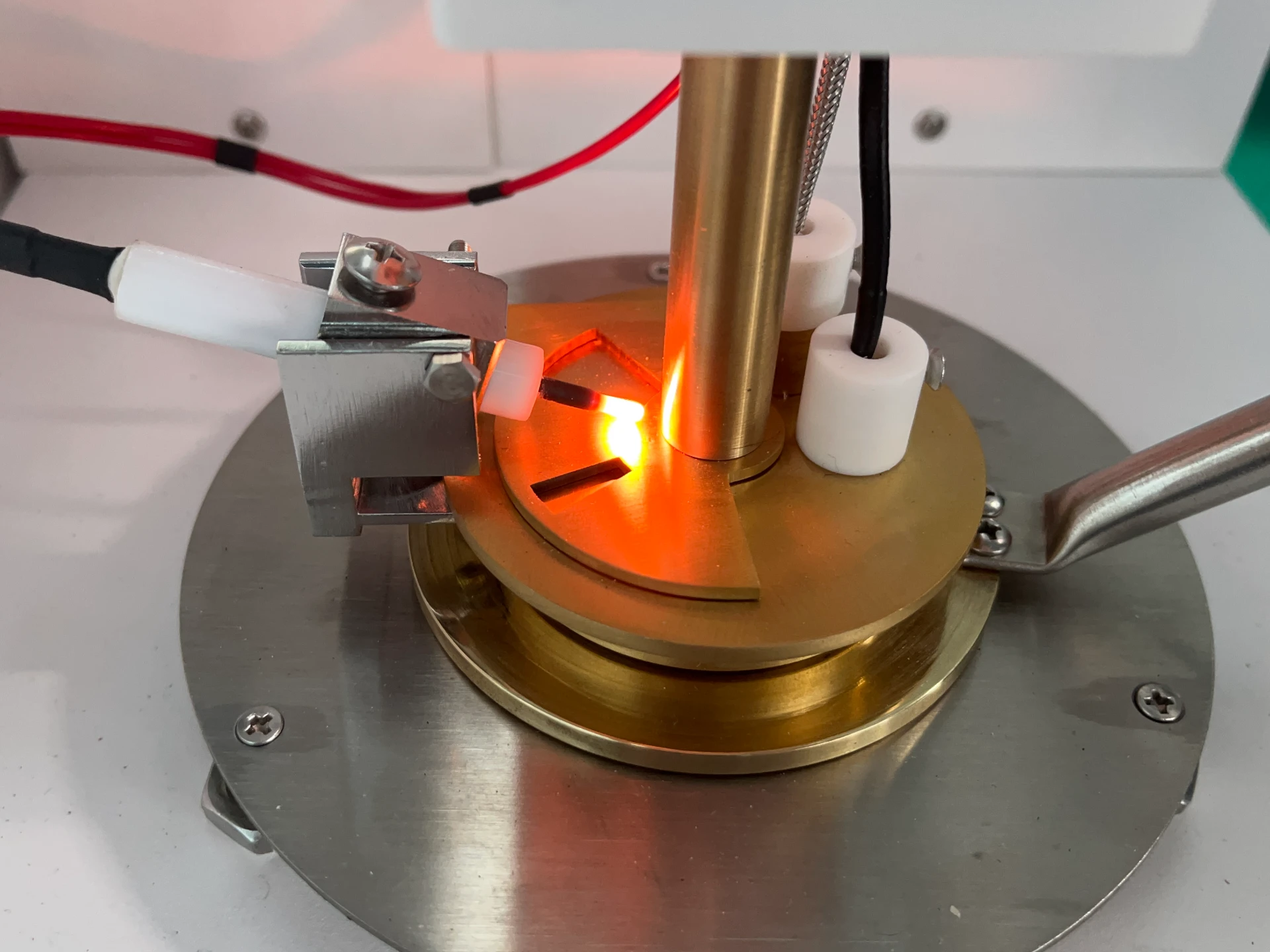 English
English



-
 Afrikaans
Afrikaans -
 Albanian
Albanian -
 Amharic
Amharic -
 Arabic
Arabic -
 Armenian
Armenian -
 Azerbaijani
Azerbaijani -
 Basque
Basque -
 Belarusian
Belarusian -
 Bengali
Bengali -
 Bosnian
Bosnian -
 Bulgarian
Bulgarian -
 Catalan
Catalan -
 Cebuano
Cebuano -
 China
China -
 China (Taiwan)
China (Taiwan) -
 Corsican
Corsican -
 Croatian
Croatian -
 Czech
Czech -
 Danish
Danish -
 Dutch
Dutch -
 English
English -
 Esperanto
Esperanto -
 Estonian
Estonian -
 Finnish
Finnish -
 French
French -
 Frisian
Frisian -
 Galician
Galician -
 Georgian
Georgian -
 German
German -
 Greek
Greek -
 Gujarati
Gujarati -
 Haitian Creole
Haitian Creole -
 hausa
hausa -
 hawaiian
hawaiian -
 Hebrew
Hebrew -
 Hindi
Hindi -
 Miao
Miao -
 Hungarian
Hungarian -
 Icelandic
Icelandic -
 igbo
igbo -
 Indonesian
Indonesian -
 irish
irish -
 Italian
Italian -
 Japanese
Japanese -
 Javanese
Javanese -
 Kannada
Kannada -
 kazakh
kazakh -
 Khmer
Khmer -
 Rwandese
Rwandese -
 Korean
Korean -
 Kurdish
Kurdish -
 Kyrgyz
Kyrgyz -
 Lao
Lao -
 Latin
Latin -
 Latvian
Latvian -
 Lithuanian
Lithuanian -
 Luxembourgish
Luxembourgish -
 Macedonian
Macedonian -
 Malgashi
Malgashi -
 Malay
Malay -
 Malayalam
Malayalam -
 Maltese
Maltese -
 Maori
Maori -
 Marathi
Marathi -
 Mongolian
Mongolian -
 Myanmar
Myanmar -
 Nepali
Nepali -
 Norwegian
Norwegian -
 Norwegian
Norwegian -
 Occitan
Occitan -
 Pashto
Pashto -
 Persian
Persian -
 Polish
Polish -
 Portuguese
Portuguese -
 Punjabi
Punjabi -
 Romanian
Romanian -
 Russian
Russian -
 Samoan
Samoan -
 Scottish Gaelic
Scottish Gaelic -
 Serbian
Serbian -
 Sesotho
Sesotho -
 Shona
Shona -
 Sindhi
Sindhi -
 Sinhala
Sinhala -
 Slovak
Slovak -
 Slovenian
Slovenian -
 Somali
Somali -
 Spanish
Spanish -
 Sundanese
Sundanese -
 Swahili
Swahili -
 Swedish
Swedish -
 Tagalog
Tagalog -
 Tajik
Tajik -
 Tamil
Tamil -
 Tatar
Tatar -
 Telugu
Telugu -
 Thai
Thai -
 Turkish
Turkish -
 Turkmen
Turkmen -
 Ukrainian
Ukrainian -
 Urdu
Urdu -
 Uighur
Uighur -
 Uzbek
Uzbek -
 Vietnamese
Vietnamese -
 Welsh
Welsh -
 Bantu
Bantu -
 Yiddish
Yiddish -
 Yoruba
Yoruba -
 Zulu
Zulu
Understanding Partial Discharge in Cables and Its Impact on Electrical Insulation Performance
Understanding Partial Discharge in Cables
Partial discharge (PD) is a localized electrical discharge that occurs within insulation systems of high-voltage cables, often leading to potential failures in electrical equipment if not monitored and managed correctly. It is crucial to understand PD phenomena, especially as the reliance on electrical systems increases in various industries, including manufacturing, energy distribution, and renewable resources.
Understanding Partial Discharge in Cables
The significance of monitoring partial discharge in cables cannot be overstated. Utilities and industries deploy various techniques for PD detection, such as Ultraviolet (UV) and acoustic emission analysis, to identify the presence of partial discharges early. Continuous monitoring systems equipped with advanced sensors can provide real-time data, enabling operators to make informed decisions on maintenance and operations.
partial discharge cable

Cables insulated with Cross-linked Polyethylene (XLPE) or Ethylene Propylene Rubber (EPR) are particularly susceptible to partial discharge. These materials, while offering excellent electrical properties, can develop flaws that enhance the likelihood of PD. Regular testing and diagnostics using specialized equipment can help identify troubling areas before they lead to complete cable failure.
Furthermore, the environment plays a pivotal role in the behavior of partial discharge. External factors such as temperature, humidity, and pollution levels can influence the rate of degradation in cable insulation. For instance, cables installed in high-moisture environments may experience accelerated deterioration due to increased conductivity, which heightens the risk of partial discharge.
In conclusion, partial discharge in cables is a critical phenomenon that threatens the reliability of electrical systems. Technologies and methods for PD detection and monitoring are essential for maintaining the integrity of high-voltage networks. Awareness and proactive management of partial discharge can significantly extend the lifespan of electrical equipment, ensuring safe and efficient operation in various applications. As industries continue to evolve, focusing on PD monitoring will remain a cornerstone of electrical engineering practices, paving the way for safer and more reliable energy distribution systems.
-
Testing Equipment Industry Sees Major Advancements in 2025: Smart & Precision Technologies Lead the WayNewsJun.06,2025
-
Applications of Direct Current Generators in Renewable Energy SystemsNewsJun.05,2025
-
Hipot Tester Calibration and Accuracy GuidelinesNewsJun.05,2025
-
Digital Circuit Breaker Analyzer Features and BenefitsNewsJun.05,2025
-
Benefits of Real-Time Power Quality Monitoring Devices for Industrial EfficiencyNewsJun.05,2025
-
Earth Fault Loop Testing in High-Rise Building Electrical SystemsNewsJun.05,2025



